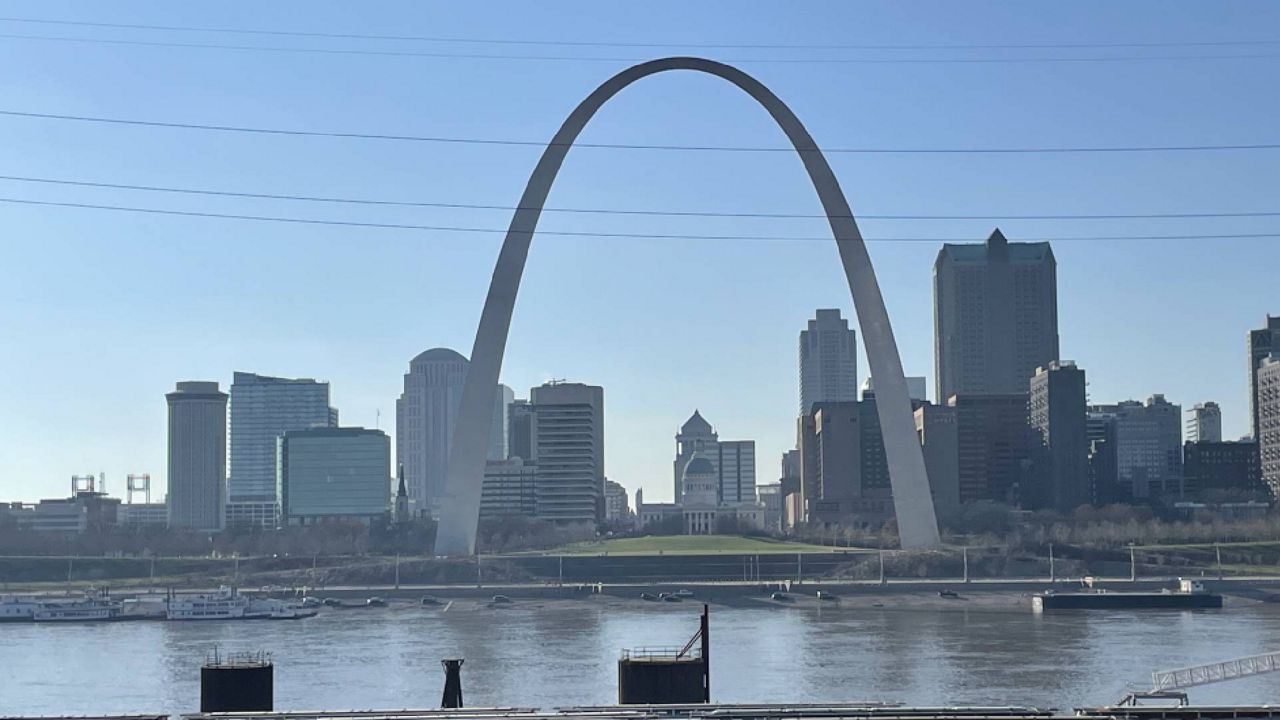ST. LOUIS—One week after meeting for the first time, a state legislative panel studying the impact and future of the earnings tax in St. Louis and Kansas City is expanding its scope and timeline, the committee’s chairman tells Spectrum News.
State Rep. Jim Murphy, R-St. Louis County, who leads the Special Interim Committee on the Earnings Tax, said in an interview Wednesday that the group’s work would expand to include other tax-related issues that will be announced later by House Speaker Dean Plocher, R-Des Peres.
Last week’s hearing in Jefferson City, which took testimony from St. Louis Revenue Collector Gregory F.X. Daly, Kansas City Revenue Director Tammy Queen, among others, could be followed by at least four more in St. Louis, Kansas City and Springfield.
A St. Louis hearing is scheduled for Oct. 30 at St. Louis Community College’s Forest Park campus.
The expanded scope and additional hearings means the committee’s work will last into December.
The 1% tax provided more than $500 million combined to the general revenue funds for St. Louis and Kansas City in both cities in 2022. The tax has been in place in St. Louis since the 1950s, with city voters voting to keep it three times, most recently in 2021. It will go back before voters in 2026.
A 2023 study by Lindenwood University professor Howard J. Wall on behalf of the Show-Me Institute, the conservative free-market think tank co-founded by billionaire financier Rex Sinquefield, said St. Louis added jobs between 2010 and 2019, but that the earnings tax reduced the city’s employment growth by 29% in that timeframe. Critics of the tax say it encourages companies to locate just outside the city’s borders. The same study suggested that the earnings tax also limited the rest of the St. Louis region’s job growth.
Echoing Daly’s comments in the committee hearing last week, St. Louis Mayor Tishaura Jones said they were both working “feverishly” to make the case that eliminating the tax would hurt city services.
"This would severely impact the city in ways that we would have to cut basic services to our residents and that would be the same in Kansas City so I don' think the legislature wants to be responsible for cutting basic services such as first responders from the citizens of St. Louis and Kansas City,” Jones said Tuesday. Asked Thursday if the city supported or opposed specific alternatives, a spokesperson said the Mayor's comments Tuesday "perfectly encapsulate everything we have to say on the issue at the moment."
While Murphy has talked about growing the city in ways that would eliminate the need for the earnings tax, which currently provides roughly 36% of the city’s general revenue, he clarified that eliminating the earnings tax without an alternative isn’t the answer.
“We don’t need to look at stripping away finances from the city, we need to look at ways to grow the city and if this tax is in the way then we need to find other ways to do it, and there are other ways to do it….that’s what we’ll come up with,” he said.
His suggestions include establishing “Enterprise Zones” that would encourage investment by avoiding paying the tax. The same could apply for those who build a new home or renovate a vacant residential property. As revenues go up, the city could reduce the overall earnings tax burden, Murphy said.
“There are ways of doing it that are not hurtful to the city, there are ways of doing it that would help the city but at this point they showed no willingness to even listen to that and hopefully by the end of all the hearings and we bring out this type of idea and other ideas that are helpful to the city and don’t hurt them, hopefully they’ll change their point of view,” he said.
Murphy expects the General Assembly to move on a bill that would clarify that the existing earnings tax is only meant for in-person work.
A circuit court judge ruled in January that the city of St. Louis has to pay plaintiffs who sued for earnings tax refunds while working from home during the pandemic.
The Eastern District State Court of Appeals is expected to hear the city’s appeal sometime next year. Plaintiffs have so far been denied class action status. If that were to succeed in court, the city has estimated an annual impact of $25-$50 million.



